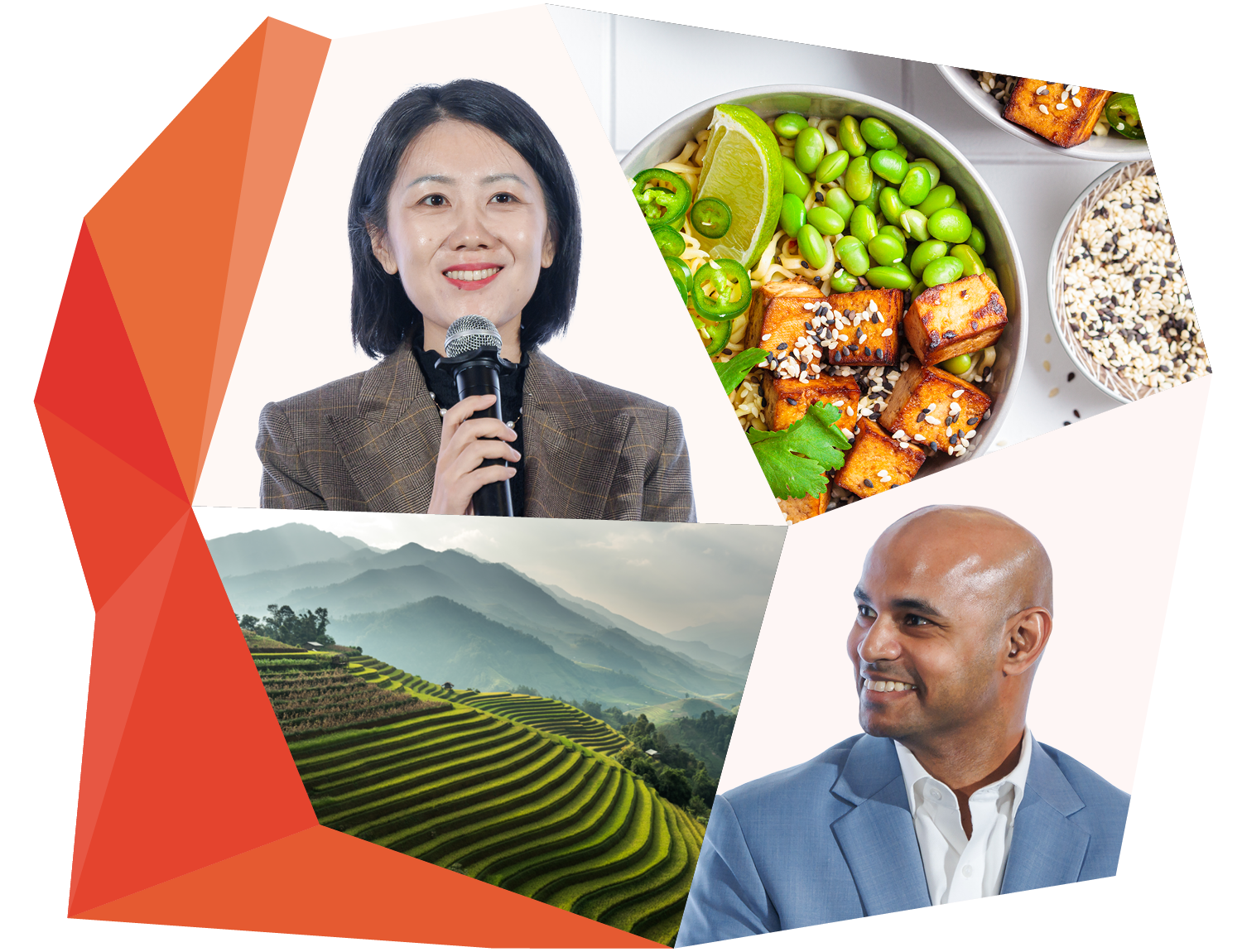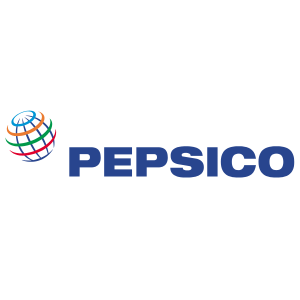The Asia-Pacific Agri-Food Innovation Summit, proud anchor event of Singapore International Agri-Food Week, unites hundreds of international stakeholders across the value chain to build agri-food agility and resilience in Asia-Pacific.
Secure your spot today to join us on November 3-5, 2026, for pivotal discussions and unmatched networking opportunities.
)

)

)

)

)

)

)

)

)

)

)

)
)
)
)
)
)
)
)
)
)
)
)
)
)
)
)
)
)
)
)
)
)
)
)
)
)
)
)
)
)
)
)
)
)
)
)
)
)